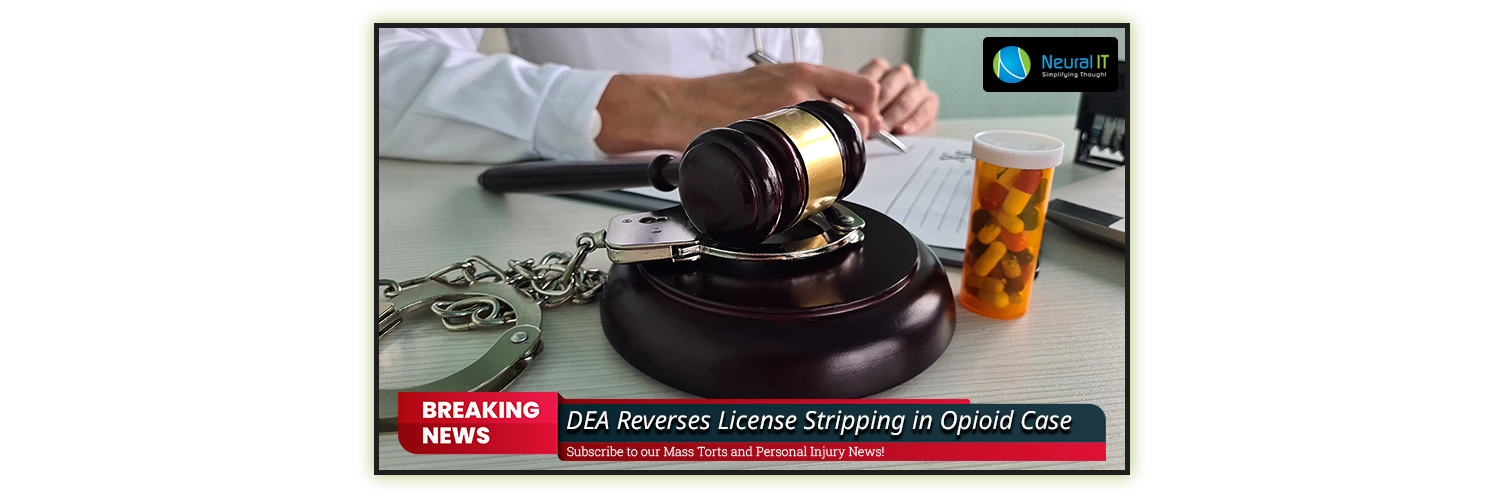
The U.S. Drug Enforcement Administration (DEA) has reversed its earlier decision to strip Morris & Dickson Co., one of the nation's largest wholesale drug distributors, of its licenses for its failure to properly monitor the shipment of tens of millions of addictive painkillers contributing to the opioid crisis.
In a settlement, Morris & Dickson admitted wrongdoing, agreed to comply with heightened reporting requirements, and surrendered one of its two DEA certificates. The Louisiana-based company, with around 600 employees and about $4 billion in annual revenue, also agreed to forfeit $19 million.
Last May, the DEA Administrator revoked both licenses after an investigation revealed that Morris & Dickson continued shipping drugs for nearly four years after a federal judge recommended the harshest penalty for its "cavalier disregard" of rules preventing opioid abuse. The delay in issuing the order raised concerns about the revolving door in Washington, as the DEA's deputy, who was previously a consultant for Morris & Dickson, Purdue Pharma, and other drugmakers tied to the opioid epidemic, resigned and returned to Guidepost Solutions, a firm that has advised drug makers and distributors.
The DEA's decision to revoke the licenses was unusual and lengthy. The judge handling the case described Morris & Dickson's violations as the most blatant and egregious, and the company showed no real acceptance of responsibility for the violations. The DEA acknowledged the longer-than-typical time to issue the decision but partly blamed Morris & Dickson for seeking delays due to the COVID-19 pandemic and its lengthy pursuit of a settlement.
The settlement with Morris & Dickson allows the company to stay in business but requires it to admit wrongdoing, comply with stricter reporting requirements, and forfeit $19 million. While the DEA did not specify why it reversed its earlier order, it faulted Morris & Dickson for overlooking thousands of unusually large orders for hydrocodone and oxycodone. The settlement allows the 182-year-old company to continue operations, avoiding the threat of closure, and Morris & Dickson emphasized its efforts to enhance compliance over the past five years, with a recognized state-of-the-art compliance program.
The DEA's decision to allow Morris & Dickson to remain in business raises questions about regulatory oversight and the handling of cases involving major players in the opioid crisis. Critics argue that the settlement may not be strong enough to deter improper practices in the pharmaceutical distribution industry and highlight the need for more robust measures to address the opioid epidemic's root causes and hold accountable those contributing to it.




